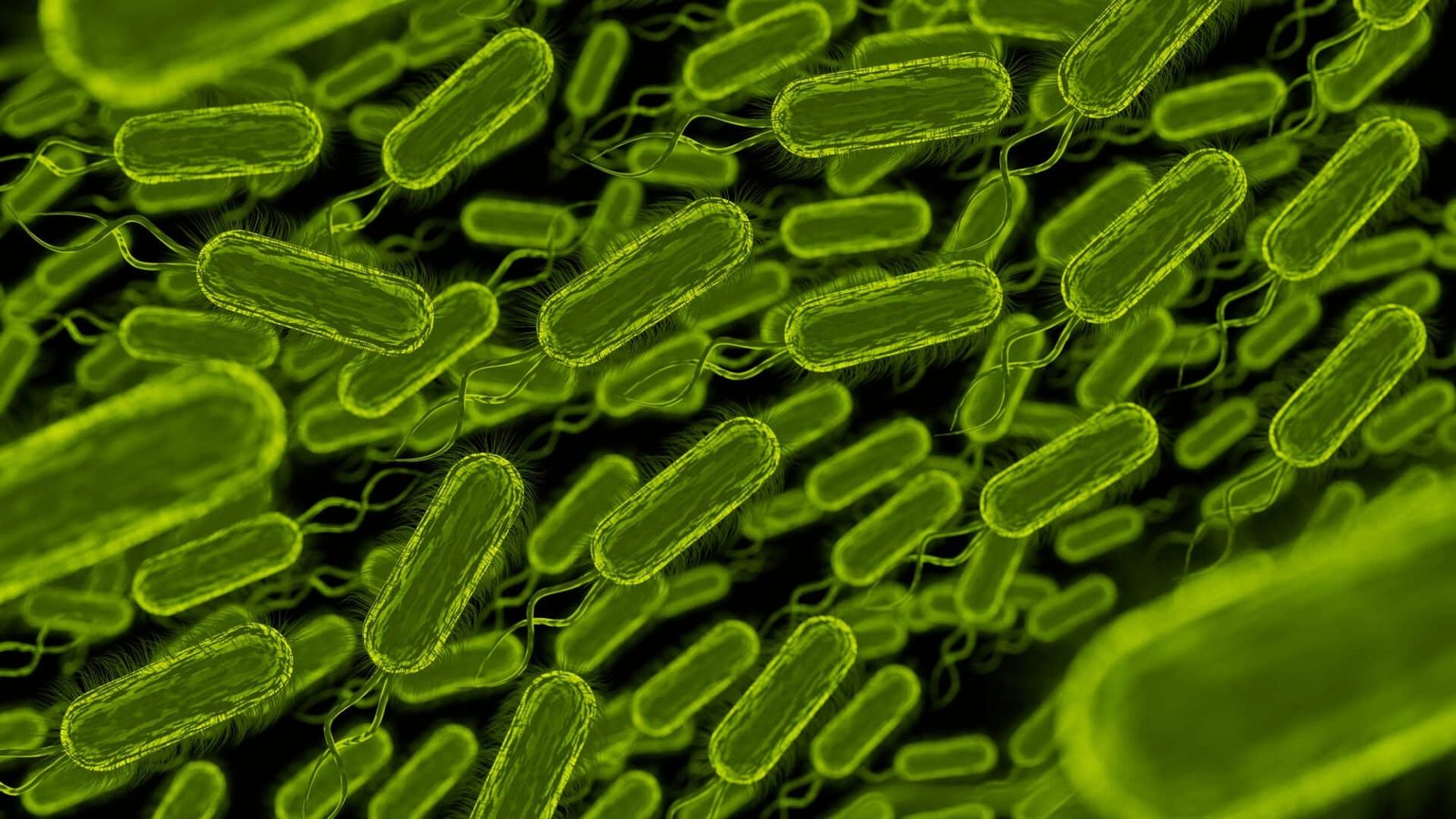Table of Contents
What Happens During an Outbreak?
E. coli outbreaks are when a large number of people in a specific area get sick due to exposure to harmful strains of this bacteria. It’s crucial to understand the nature of these outbreaks, the symptoms they cause, and how they are different from regular infections.
Which regions affected by Outbreaks
E. coli outbreaks don’t respect borders. They can affect various regions, and sometimes, they can spread across borders. Knowing which areas are affected is vital for public safety and travel advisories.
What are causes of E. coli Outbreaks
Several factors can lead to E. coli outbreaks, including contaminated food and water sources, poor sanitation, and environmental conditions. Understanding these causes is key to prevention.
E. coli Infections
What are the symptoms of E. coli Infection?
E. coli infections can range from mild to severe and include symptoms like stomach cramps, diarrhea (often bloody), and vomiting. Recognizing these symptoms is essential for early diagnosis and treatment.
How E. coli Spreads?
E. coli can spread through contaminated food, water, or contact with infected individuals. Knowing how it spreads helps in taking preventive measures.
Who's at Risk for E. coli Infections?
Certain groups, such as young children, the elderly, and people with weakened immune systems, are more vulnerable to E. coli infections. Identifying these at-risk groups is critical for targeted prevention.
Preventive measures
Safe Food Handling Practices
Practices Safe food handling practices are essential for preventing E. coli infections. By following these guidelines, you can reduce the danger of exposure to bad bacteria. Here are some crucial principles :
- Cooking Temperatures : Properly cook meat, flesh, and seafood to their recommended internal temperatures. For illustration, ground beef should reach 160 °F( 71 °C). This ensures that any E. coli bacteria present are killed.
- Avoid Cross-Contamination : Cross-contamination occurs when bacteria from one food item spread to another. To help this, use separate slice boards and implements for raw and braised foods. Clean these particulars completely with hot, adulatory water.
- Handwashing : Wash your hands with cleanser and water for at least 20 seconds before and after handling food. This simple practice can prevent the transfer of dangerous bacteria to your food.
- Proper Storage : Refrigerate perishable foods instantly. Keep your refrigerator at or below 40 °F( 4 °C) to decelerate the growth of bacteria. Consume leftovers within a safe timeframe.
- Avoid Raw Dairy and Eggs : Raw milk, unpasteurized dairy products, and undercooked eggs can harbor E. coli. It’s good to avoid these or choose pasteurized versions.
The Importance of Good Hygiene
Personal hygiene, especially frequent handwashing, plays a vital part in preventing E. coli infections. It’s a straightforward yet effective measure to cover yourself and others. Here’s why it matters :
- Handwashing: Regularly washing your hands with soap and water can remove harmful bacteria that you may have picked up from various surfaces. It’s a fundamental practice in reducing the spread of infections.
Hand Sanitizers: While hand sanitizers can be useful in a pinch, they’re not a substitute for soap and water. They are most effective when they contain at least 60% alcohol.
Can Vaccines prevent E. Coli?
While vaccines for E. coli are in the early stages of development, they hold promise for preventing E. coli infections in the future. Here’s what you need to know :
- Current Research: Researchers are actively studying E. coli to identify potential vaccine targets. While progress has been made, an approved vaccine is not yet available.
- Vaccine Mechanism: Vaccines typically work by introducing harmless pieces of a pathogen into the body, prompting the immune system to develop defenses against it. The same concept is being explored for E. coli.
- Public Health Impact: A successful E. coli vaccine could have a significant positive impact on public health, reducing the incidence of infections and their associated complications.
- Current Prevention: In the absence of a vaccine, individuals should continue to focus on safe food handling and good hygiene to minimize their risk of E. coli infections.
Responding to E. coli Outbreaks
What are the public health measures during outbreaks?
Governments and health organizations implement specific measures during E. coli outbreaks, such as issuing warnings, recall of contaminated products, and monitoring cases to protect the public.
What is the medical treatment for E. coli infections?
Understanding the treatment options, which may include antibiotics and rehydration, is important for those who become infected.
What is the role of Government?
Governments play a pivotal role in managing E. coli outbreaks, including coordinating responses, providing public health information, and ensuring the safety of the affected populations.
Recent E. coli Concerns
In a recent development, Miguel’s Cocina restaurant in 4S Ranch voluntarily closed its doors as San Diego County health officials investigate E. coli cases that were reported among some of its customers. This highlights the real and present threat of E. coli outbreaks in our communities and the importance of understanding how to stay safe.

E. coli Outbreaks: The Impact on Public Health
E. coli outbreaks can strain healthcare systems, leading to overcrowded hospitals and a redirection of resources. The economic impact extends to sectors like food production and tourism, as treatment costs, investigations, and preventive measures can be substantial. These outbreaks are complex issues, not only affecting health but also having far-reaching economic consequences. Therefore, a holistic strategy is necessary to manage and mitigate the impact of E. coli outbreaks, taking into account their multi-dimensional nature.
Conclusion
In simple terms, E. coli outbreaks are a big deal. They can overwhelm hospitals and cost a lot of money for everyone. To tackle this, we need to focus on preventing infections through safe food and good hygiene. Research into vaccines is promising for the future in Biology field. When outbreaks happen, quick action and treatment are crucial. By learning about E. coli and how to stop it, we’re making strides toward a healthier and safer future.

I genuinely relished what you’ve produced here. The outline is elegant, your written content trendy, yet you appear to have obtained some anxiety regarding what you wish to deliver thereafter. Assuredly, I will return more frequently, akin to I have almost constantly, provided you maintain this incline.
This website is an absolute gem! The content is incredibly well-researched, engaging, and valuable. I particularly enjoyed the [specific section] which provided unique insights I haven’t found elsewhere. Keep up the amazing work!
This article offers a fascinating perspective on the subject. The depth of research and clarity in presentation make it a valuable read for anyone interested in this topic. It’s refreshing to see such well-articulated insights that not only inform but also provoke thoughtful discussion. I particularly appreciated the way the author connected various aspects to provide a comprehensive understanding. It’s clear that a lot of effort went into compiling this piece, and it certainly pays off. Looking forward to reading more from this author and hearing other readers’ thoughts. Keep up the excellent work!
Fantastic article! I appreciate how clearly you explained the topic. Your insights are both informative and thought-provoking. I’m curious about your thoughts on the future implications of this. How do you see this evolving over time? Looking forward to more discussions and perspectives from others. Thanks for sharing!